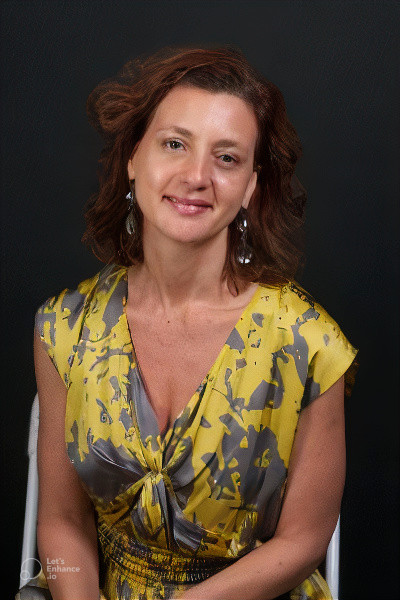Buscar
Academia, Género,
Derecho y Sexualidad.
Remembering everything? Techno-optimisms and digital debris
An already prototypical image of the internet is that of a universal repository for the patrimonial heritage of humanity. As early as 1967 Benjamin Kaplan foreshadowed what was to come when he asked us to imagine how computer networks would be capable of storing the complete trove of human knowledge and artistic expressions of the past. Even at the ARPANET stage, when the origins of the internet were still being developed by military interests concerned about nuclear survival (namely, the U.S. Department of Defense) and M.I.T., collaborators echoed Kaplan’s foresight when they stressed that computer networks would be a repository of cultural memory. Here we can appreciate the impetus to a global archive. Great optimism marks these visions of how technology will preserve the past for future generations. The promise of the internet has been profoundly democratic in its potential capacity to remember absolutely everything given that there is ‘enough storage to remember it all.’ But will ‘everything’ actually be remembered equally? In this chapter I discuss the ‘translation’ of traditional institutions of memory (TIM) to the virtual world and propose the ‘internet-museum’ metaphor to explore how the historical and cultural record of the world is accumulated and filtered on the internet. This sets the stage for me to address the debate surrounding the ‘completeness’ of the digital historical record and to explore the possibilities of what I call the disobedient ‘internet-museum.’
Versión digital no disponible
Consulte a su biblioteca o las/os autoras/es
